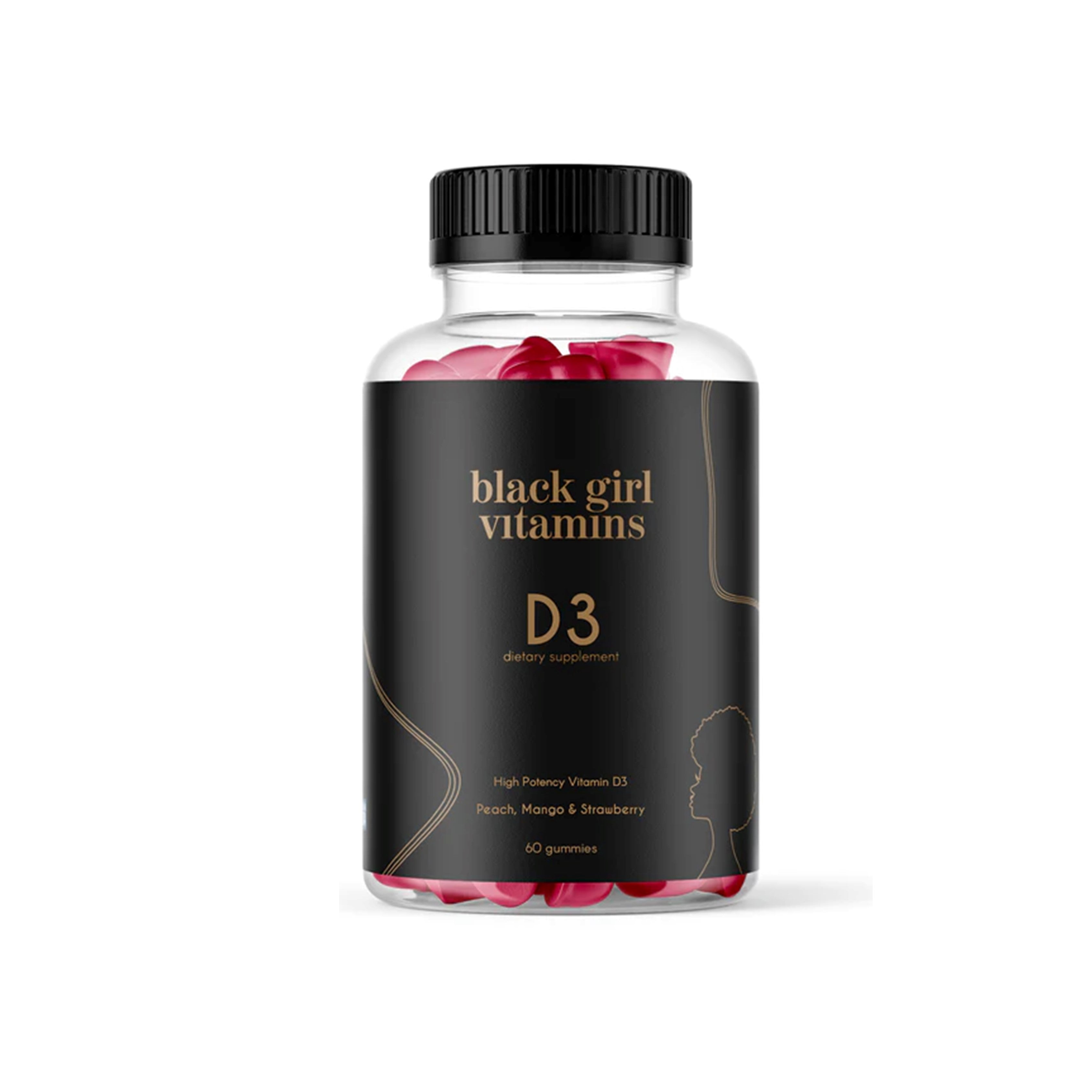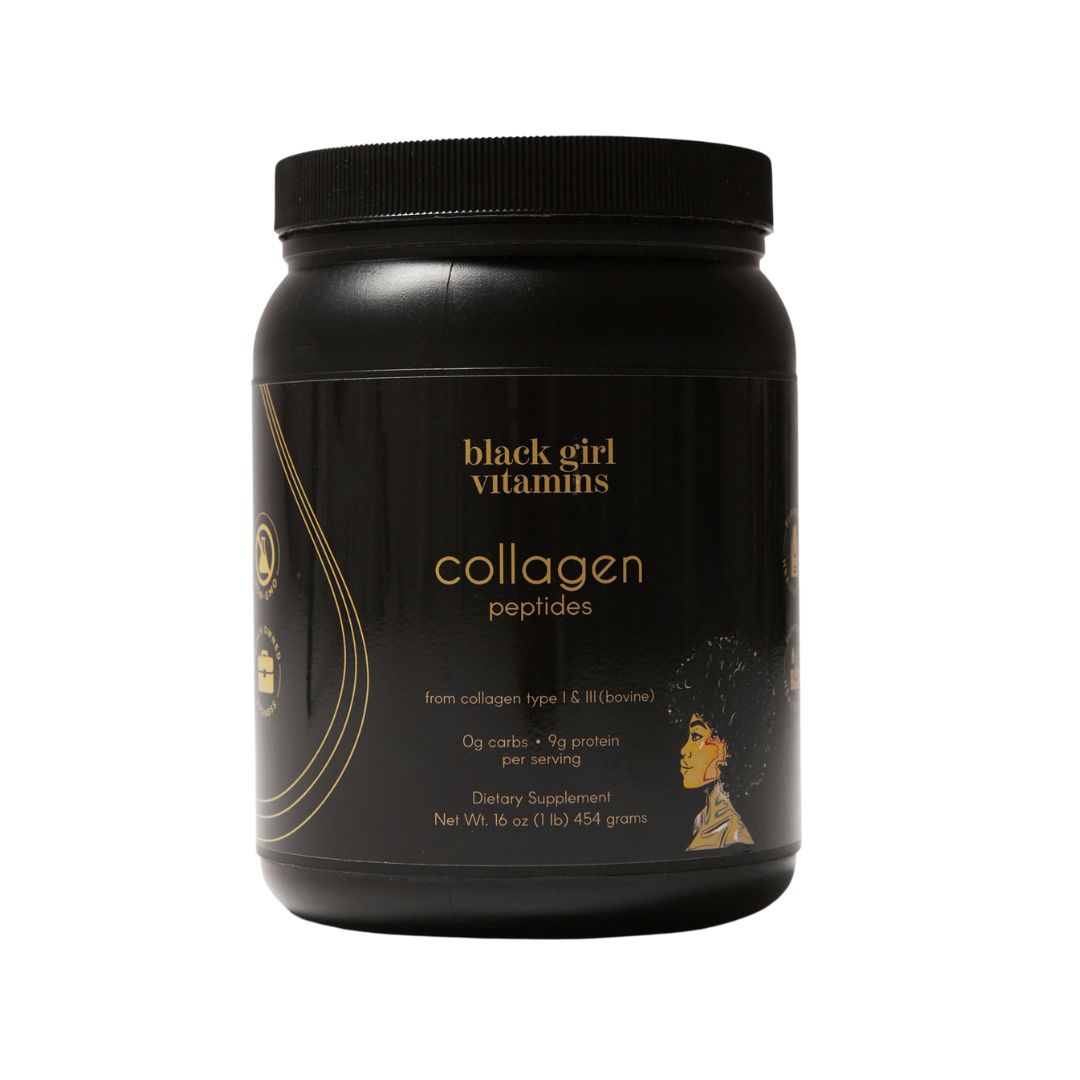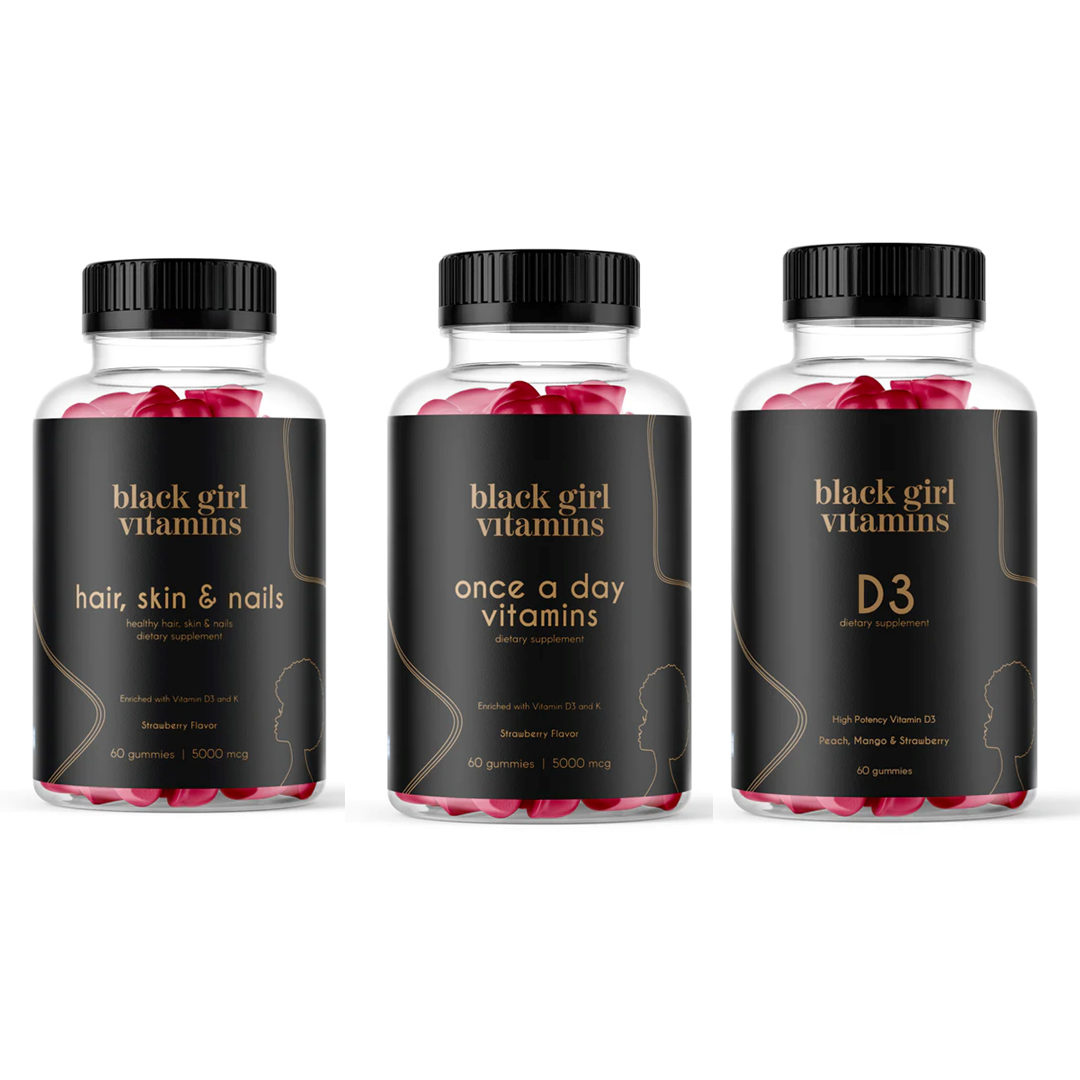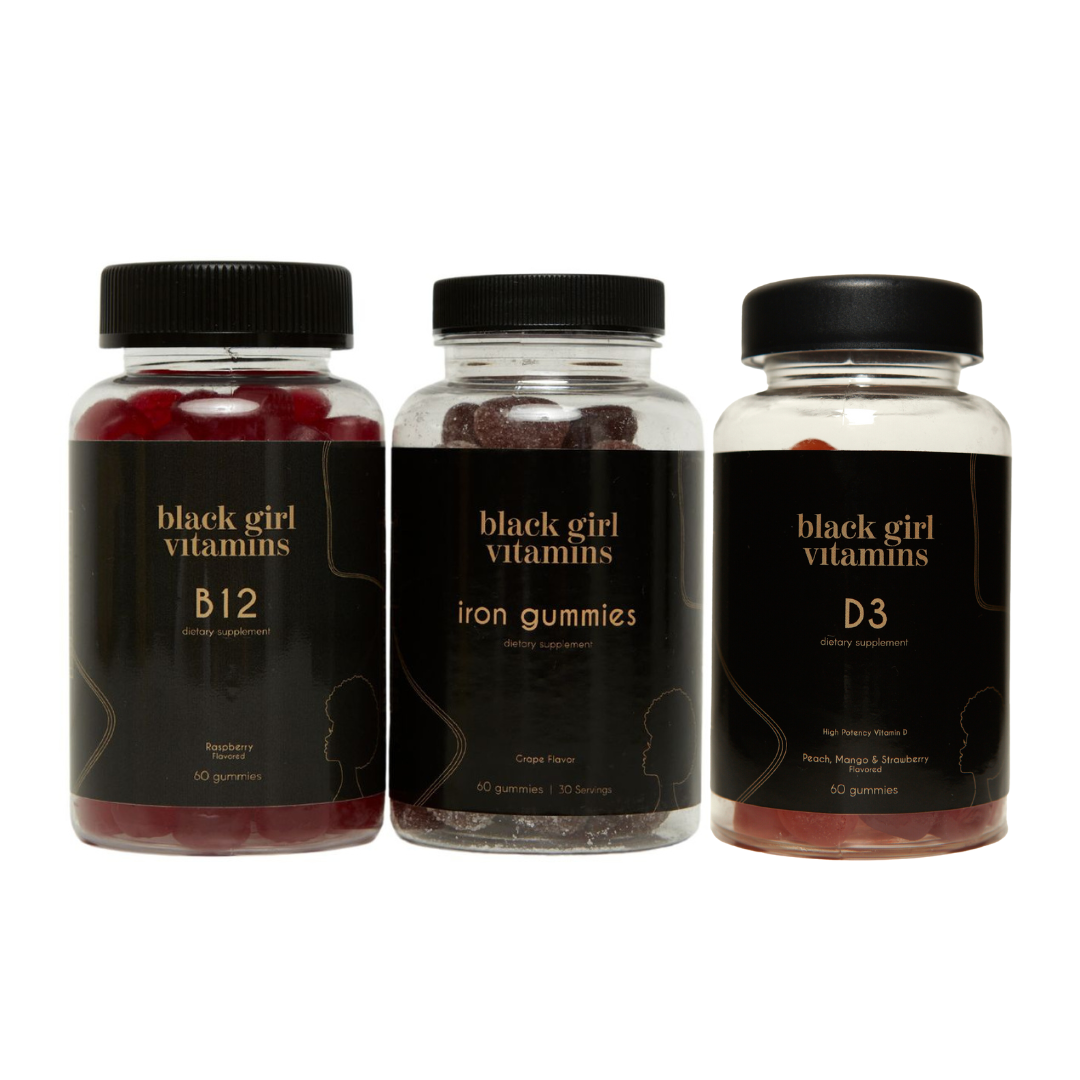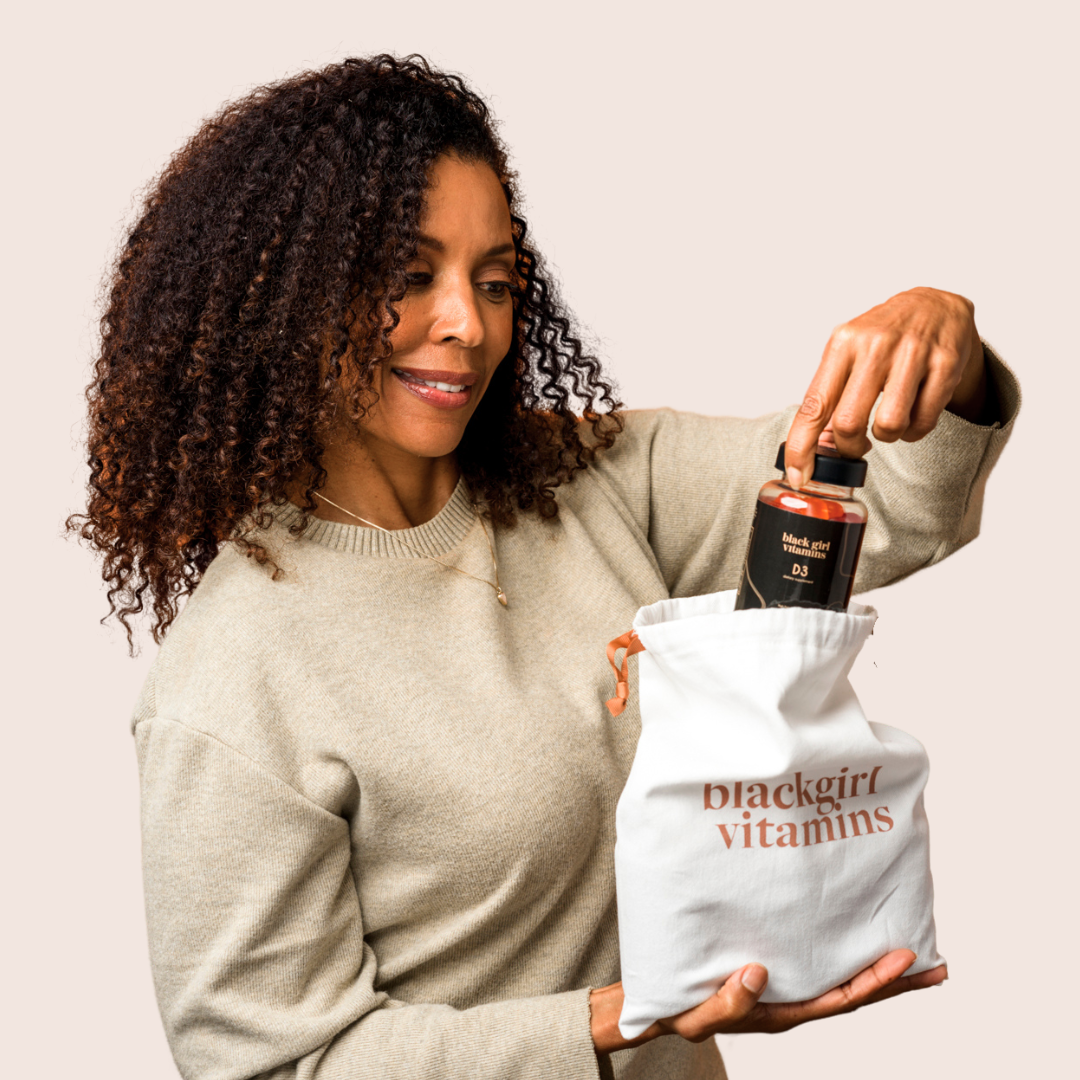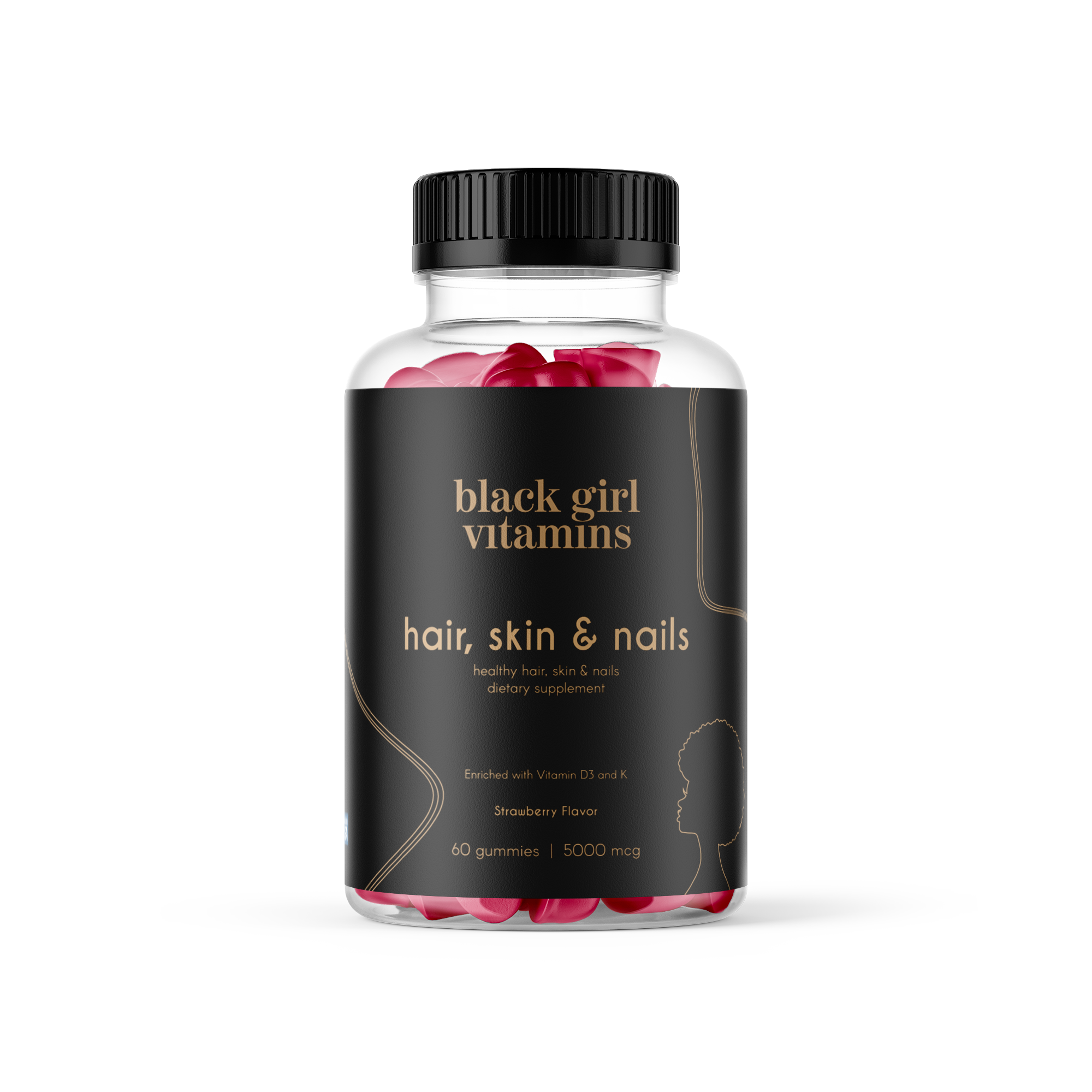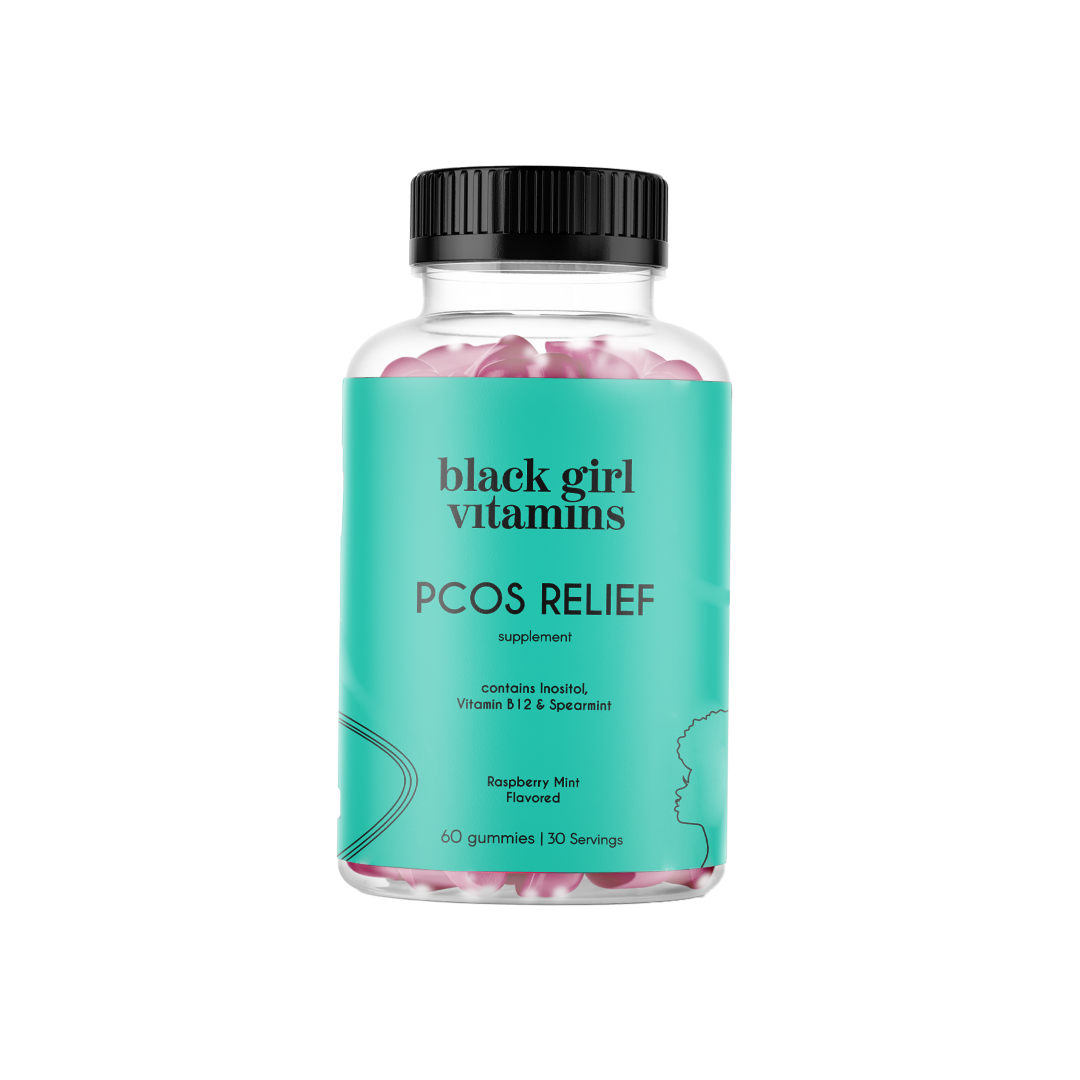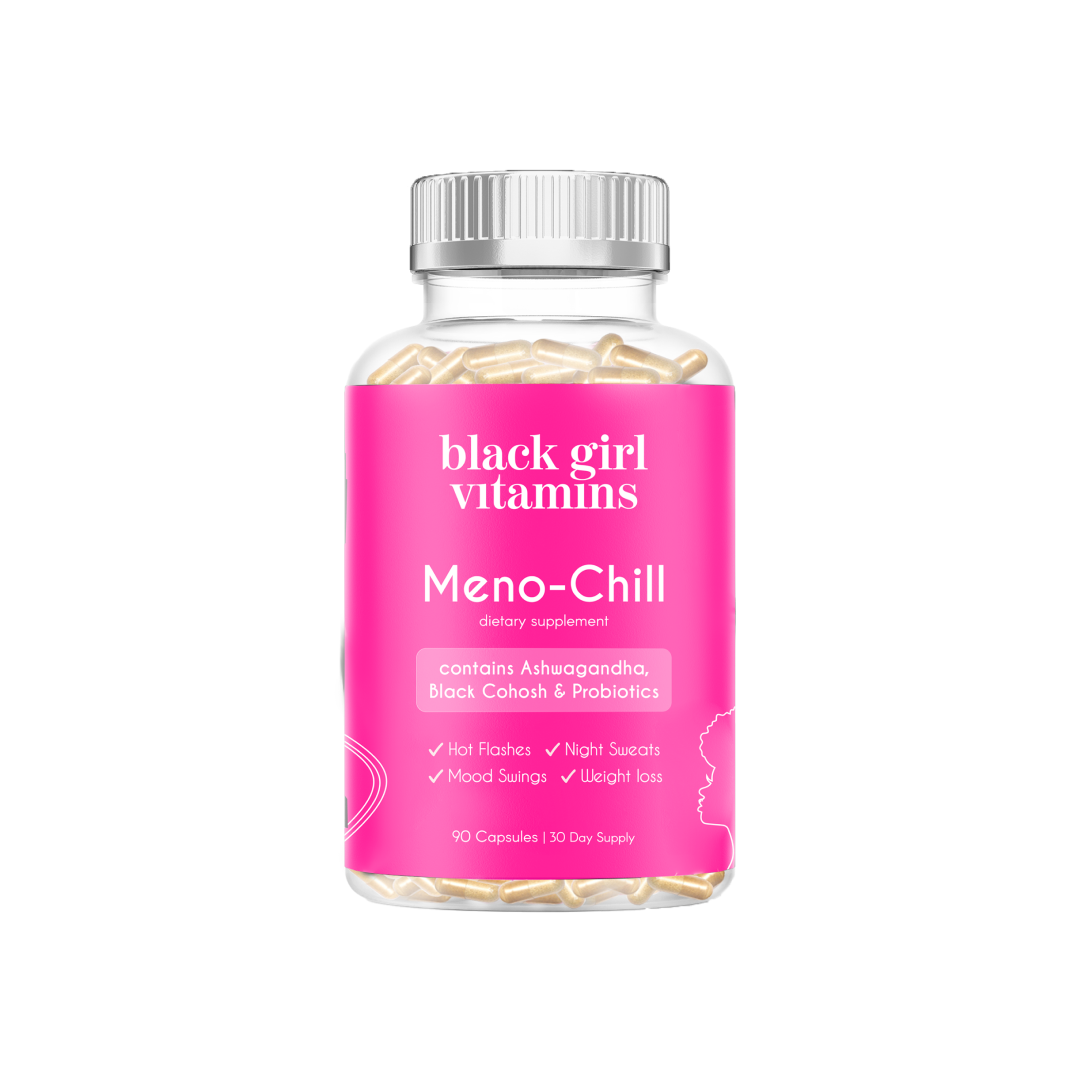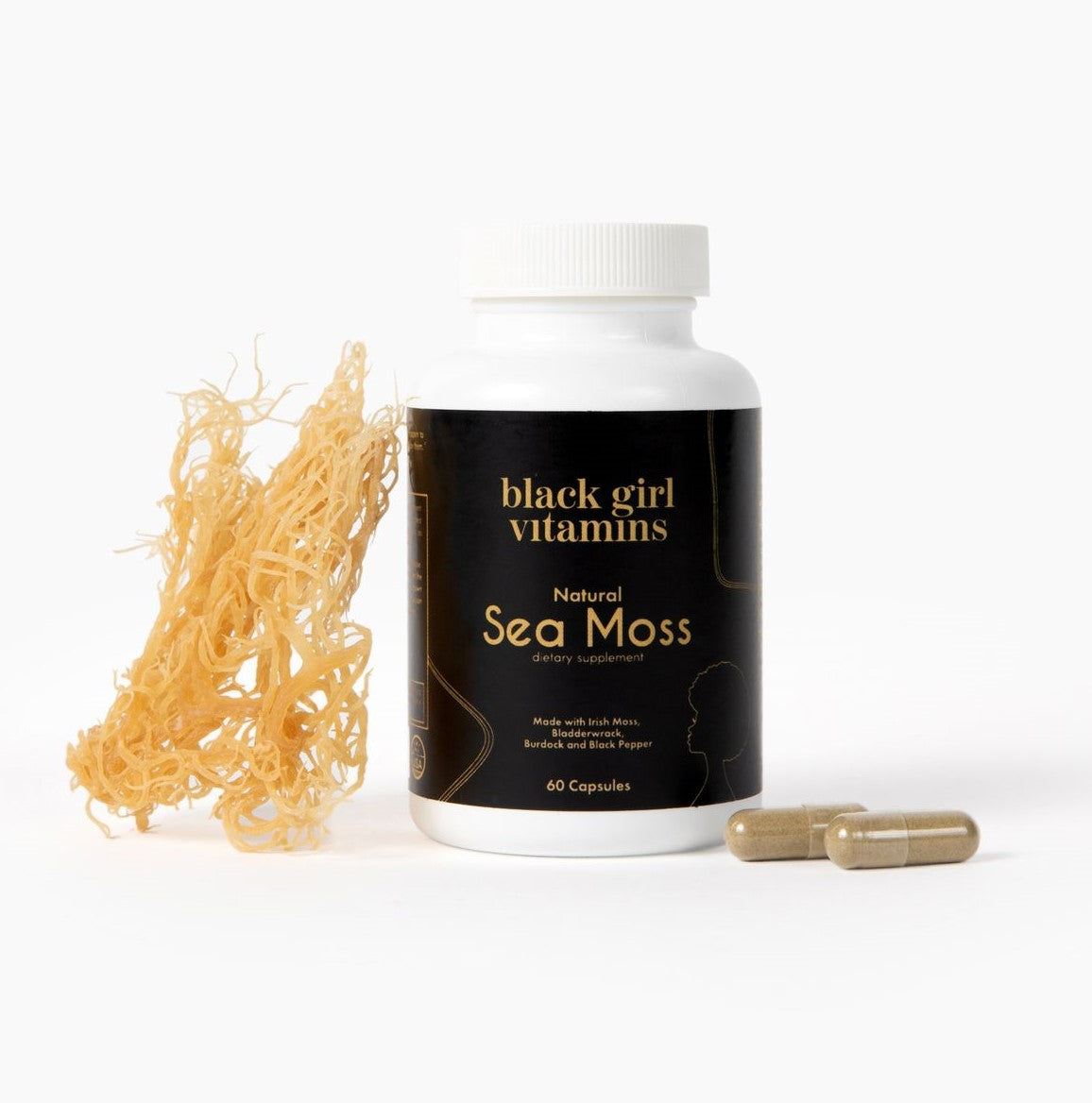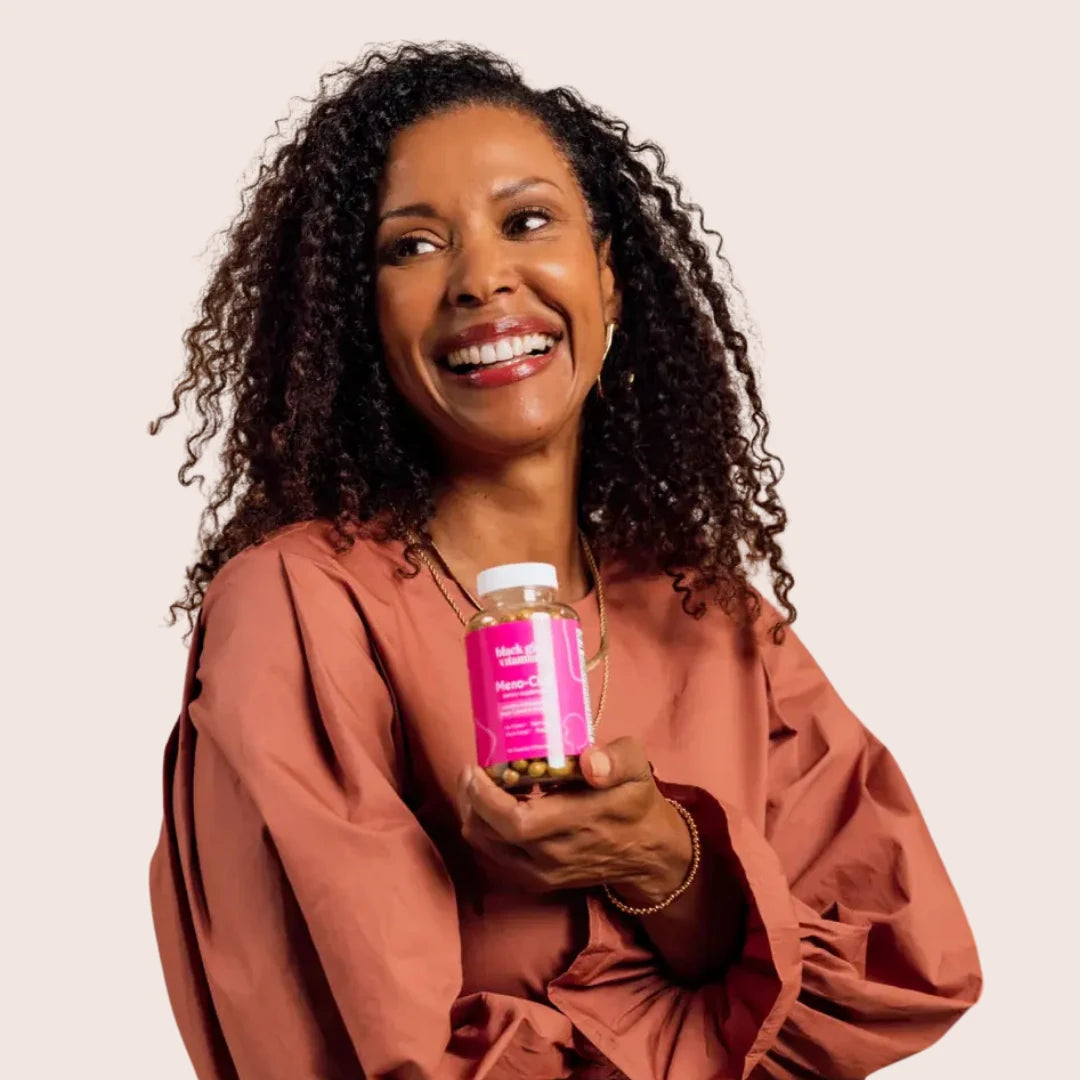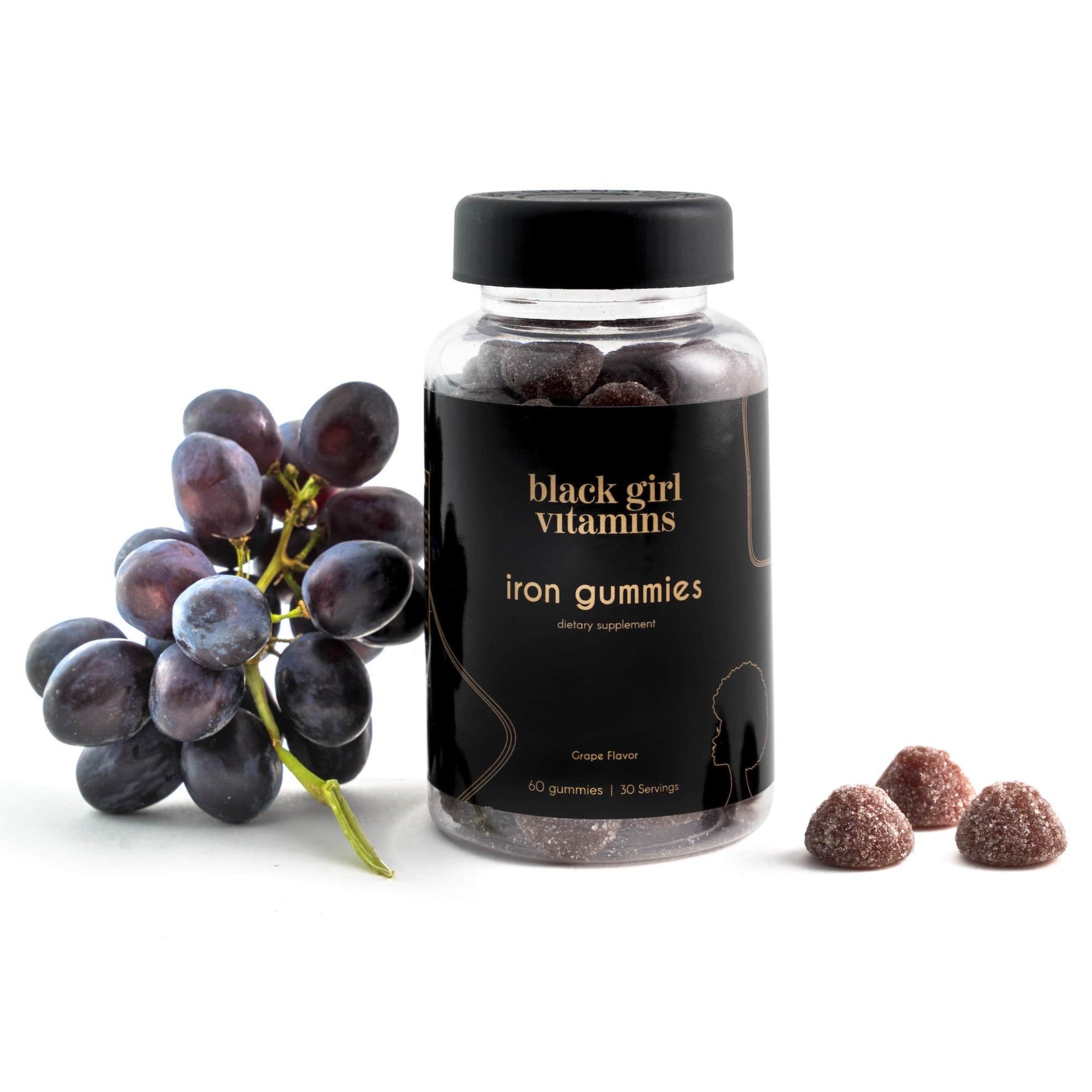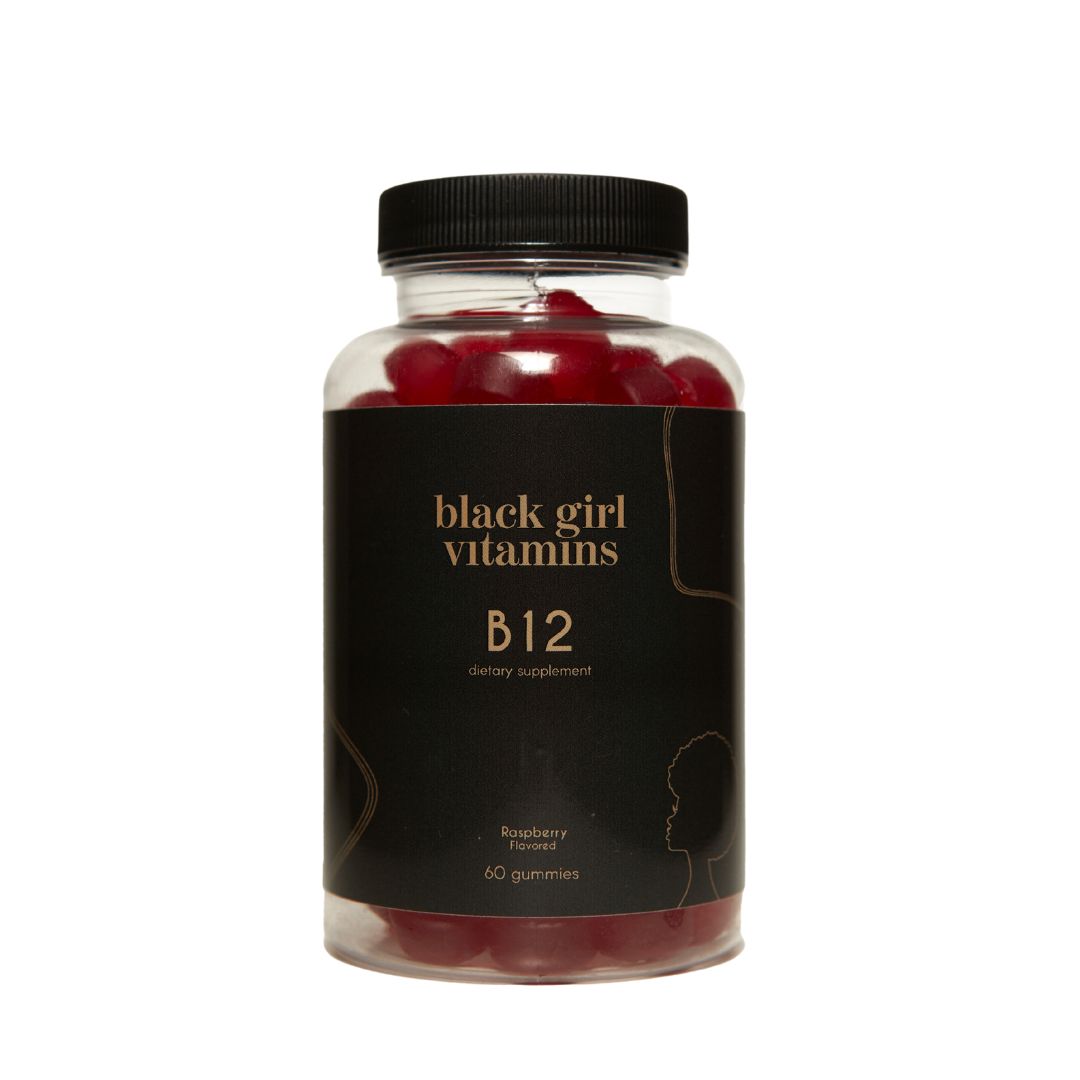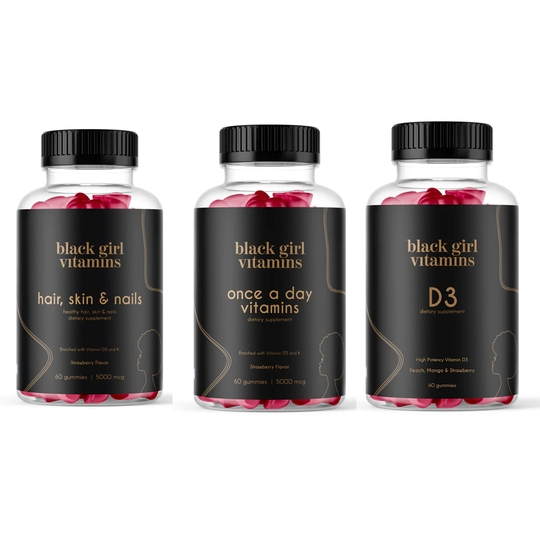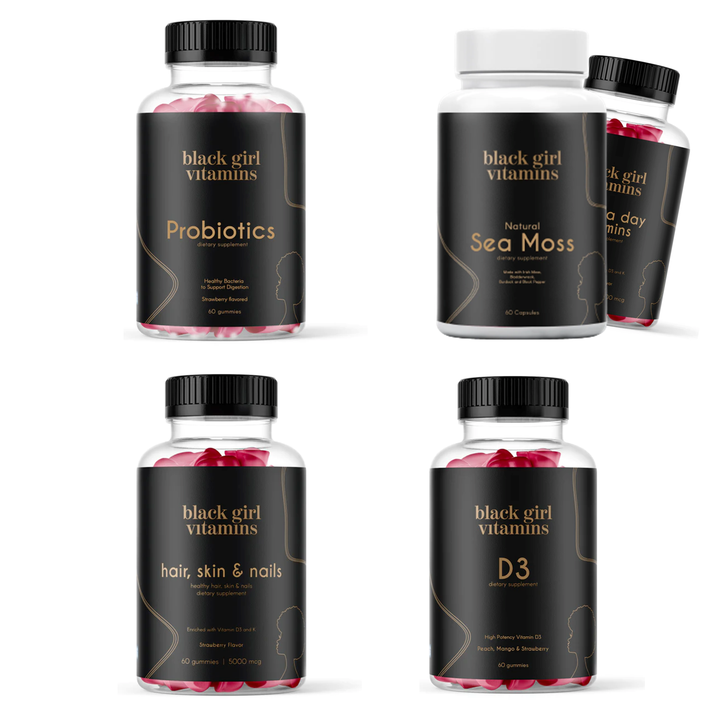A Closer Look at Breastfeeding Myths and Realities
Breastfeeding has long been celebrated as one of the best ways to nourish a newborn, yet myths and misconceptions continue to circulate. For generations, cultural narratives, systemic barriers, and lack of representation in healthcare have shaped how Black women think about breastfeeding. These myths not only impact individual choices but also influence broader public health outcomes.
We’ll take a closer look at breastfeeding myths Black women should not believe, while also exploring postpartum recovery, formula feeding myths, breastfeeding education programs, and cultural influences that shape breastfeeding decisions.
Breastfeeding and Postpartum Recovery
Benefits of Breastfeeding for Recovery
Breastfeeding offers more than nutrition for the baby, it helps the mother’s body heal after childbirth. Nursing stimulates the release of oxytocin, a hormone that helps the uterus contract and return to its pre-pregnancy size. Breastfeeding can also support weight loss, reduce postpartum bleeding, and lower the risk of certain long-term health conditions, like breast and ovarian cancer.
For Black women, who are disproportionately affected by complications during and after pregnancy, these benefits can be especially important. Unfortunately, many myths about postpartum recovery discourage women from breastfeeding or make them believe it won’t have much impact.
Myths Surrounding Postpartum Health
One common myth is that breastfeeding makes women more tired and weak during postpartum recovery. While breastfeeding does require energy, it also replenishes the body in meaningful ways by encouraging rest and bonding. Another myth is that breastfeeding depletes calcium or “weakens” the mother. In reality, breastfeeding supports bone health, and women often regain bone density within a year after weaning.
Common Formula Feeding Myths
While formula feeding can be a safe and valid choice, myths about it can create unnecessary confusion and guilt. Let’s debunk some of the most common ones.
Myth: Formula Feeding is Equally Healthy
Many believe that formula feeding provides the same health benefits as breastfeeding. While formula is nutritionally adequate and lifesaving in many cases, it does not contain the immune-boosting antibodies found in breast milk. Breastfeeding lowers the risk of ear infections, asthma, obesity, and sudden infant death syndrome (SIDS). For mothers, it reduces the risk of certain cancers and type 2 diabetes.
Myth: Breastfed Babies Are More Likely to be Malnourished
Another myth is that breastfed babies don’t get enough nutrients and are at higher risk of malnourishment. In reality, breast milk contains all the essential nutrients babies need for the first six months of life. When breastfeeding challenges arise, lactation consultants can help ensure that babies are fed well, whether exclusively through breast milk or with supplementation.
Myth: Formula Feeding Is More Convenient
Some women are told formula is easier because it saves time. But in practice, formula feeding requires preparation, sterilizing bottles, and constant access to clean water and supplies. For many moms, breastfeeding is actually more convenient—no bottles to prep, no formula to buy, and no risk of running out of food for the baby.
Misconceptions About Breastfeeding Education Programs

Importance of Tailored Education for Black Women
Breastfeeding education programs are a powerful resource, but myths about them sometimes prevent women from seeking help. Some Black women may feel these programs are not designed with their unique experiences in mind. However, many organizations are actively working to tailor education to meet cultural needs and provide representation through Black lactation consultants.
Myths About Accessibility and Participation
A frequent misconception is that breastfeeding classes are only for women with high incomes or private insurance. In truth, many hospitals, clinics, and community groups offer free or low-cost programs. Online education has also made support more accessible. Breaking this myth is key to ensuring more Black women feel empowered to seek education and guidance.
Conclusion

By rejecting myths and embracing the truth, Black women can make more confident and informed choices for themselves and their families.





